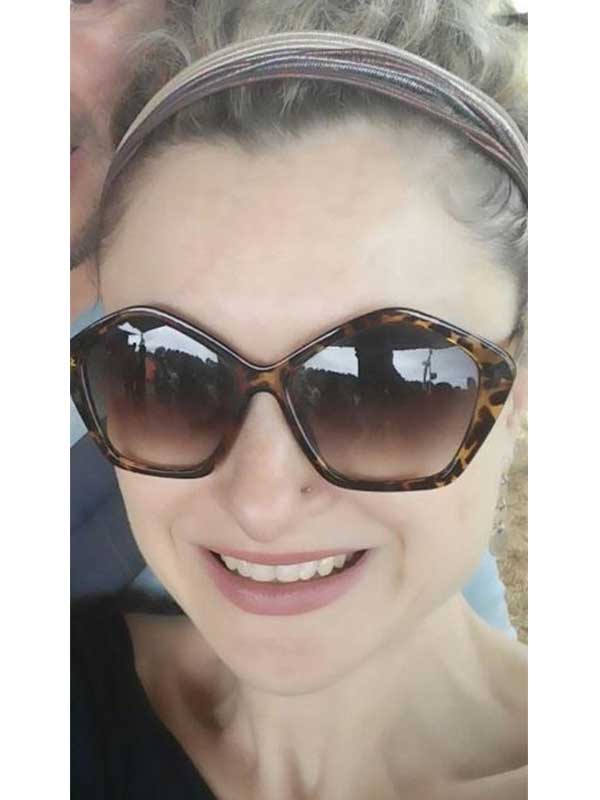By Heidi-Jane Esakov-Jacobson
For much of my adult life I had opted out of the Jewish community; how I articulated my politics around the Israeli-Palestinian issue made me feel like an interloper.
Then I met David. I was searching for a way back into the community. Believing that there were many on the margins who could contribute to community, he was attempting to reach-out. On Erev Pesach, David proposed to me with his rendition of Dayeinu. No one can ever accuse him of not being a hopeless romantic — and deeply committed to his communal responsibilities. That said, not everyone was thrilled by our union. I was shunned by some on the left who now questioned my activist credentials. For some in the community, David’s Zionism was clearly in dispute. It was a difficult and painful time but there were so many more who supported and stood by us. They didn’t have to agree with each of our worldviews to treat us with kindness, compassion and respect.
Pesach reminds me so powerfully of that.
In the New American Haggadah, Jewish American author Jonathan Safran Foer writes of Pesach: “We are not merely telling a story here. We are being called to a radical act of empathy.” It is easy to respect and show kindness to people with whom we agree or represent who we are in the world. Pesach demands the opposite. When we celebrate the four children who sit around the Seder table, we are reminded of the othering of fellow Jews in our community — an othering that emanates from all sectors of the community.
When we are commanded to remember that we were once strangers in the land of Egypt, we are reminded that we live in a country of devastating inequality. Yet, it is still so easy to filter the daily lived experience of so many South Africans out our lives. In Cape Town this is most obviously expressed in how we understand and engage with the issue of homelessness. Daily we are confronted with seeing the homeless as ‘the other’. Pesach requests otherwise. It commands us to reach out and see his/her humanity like our own and to treat him/her with dignity, respect and kindness. Pesach is often seen as the ultimate story of our liberation. And, unarguably, it is. It is also, arguably, the ultimate story that requests our empathy.
The term ‘stranger’ is mentioned 36 times in the Torah. This might suggest that although empathising with the stranger (or, ‘the other’) can often be counterintuitive, still G-d commands it of us.











